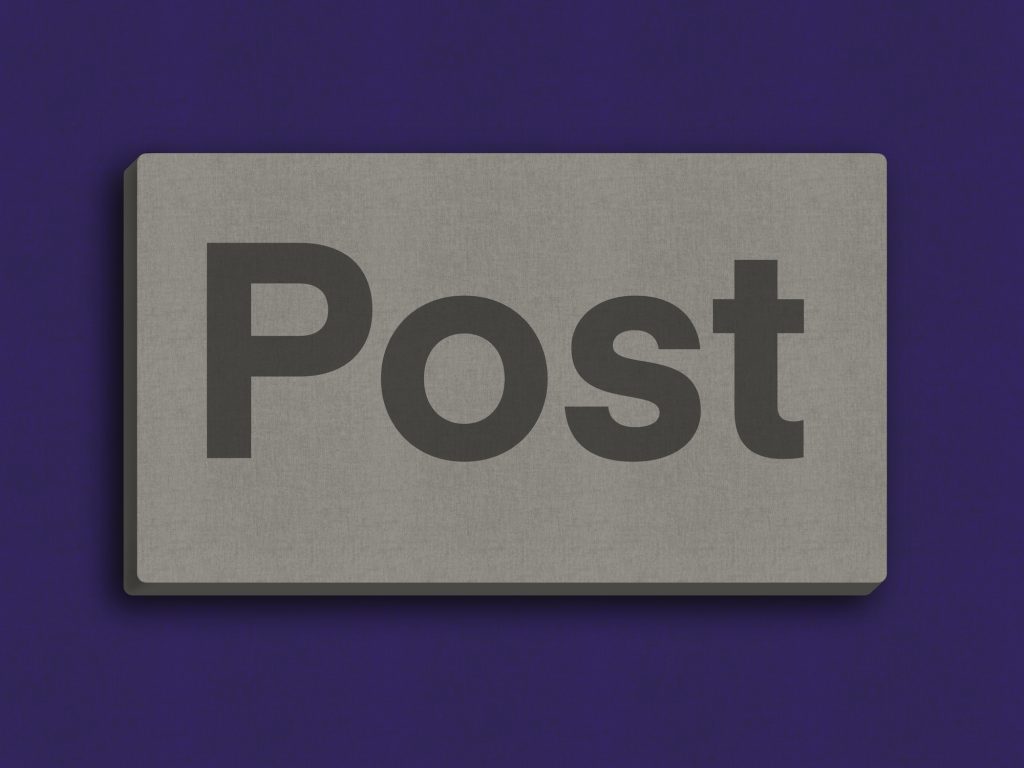
Hey Stranger, Can I Have Your Permission?
You’ve seen it before. Those . . . questions. You know the type. They litter every forum, every thread, every website where the discussion of writing takes place. You’re even picturing it now. At this very moment, someone, somewhere, is creating a new post, and they will ask any of these questions:
- Can I write my character in first person?
- Can I start my story with my character walking?
- Can I have a story with multiple point of views?
- Can I write a story?
You sigh—loudly—and then scroll down the page, pretending you never saw such a question be asked.
But why are these questions being asked? On its face, the question suggests that to not do such a thing—like write a character in first person—is normal, and if they were to perform such an action, they would break the rules: rules defined by some unknown gatekeepers.
As I perused the countless posts, I grew frustrated. In one such moment, I remember yelling out, “Do any of you read books!?” It seemed the most appropriate question to ask. Almost every question that could be asked is within a book. There are hundreds, thousands, millions of examples of how to start a book, a chapter, a paragraph, or a sentence. There are countless books with differing points of views. There are books with nothing but dialogue and others without any.
So, it begs the question: have you read a book?
What’s the Right Question?
However, is it the right inquiry? Are we still missing the underlying question that is not being asked? Are we missing the exploration of why so many find themselves frozen, unable to progress until a stranger gives their blessing? Why do so many labor on the idea of seeking permission when there is nothing standing between their pen and paper, screen and keyboard?
Maybe it’s growth as a writer, which prompts the mind to wonder if I was once like this. On reflection through my youth, the answer would be “no”. I sought no one’s permission to write. If I wanted to write about snails, I did. If the mood struck me to write a poem about my disgust with beans, I did. If I wanted to start my story with someone sipping coffee, I did. Never once had it occur to me to seek someone’s permission to write.
To be fair, writing was survival for me; that would immediately disqualify the “blessings” of others. Yet for many, they need it. Thus, maybe the question to ask is, “why can’t you write in first person?” Or you can try, “what do you think happens if you do?”
I believe what underscores the plethora of “can I”, “can you” sort of questions is fear.
For those that learn, writing is the most basic skill, and we use it in our everyday lives, from tweets to emails. It is so basic and universally performed that everyone thinks they can write—including me. Then they attempt to write something they’ve never written before; they realize that writing takes skill, and it has many sub-skills. Fear and doubt creep in. They are unsure of themselves and what they’ve written. Will anyone like it? Is it bad? And then they make a post:
Can I start my story with a character drinking coffee?
What they’re really asking is if it’s an interesting way to start the story. They’ve read a book, hopefully, but what they want to know is if what they are writing—or going to write—would be any good. That is fear; the fear of failure and judgement. And maybe a lack of trust.
Fear, Judgment, and Trust
In the writing world, fear and judgment are two enemies that we must defeat to be truly free to write. It’s a war waged on two fronts: with those that read your writing and with yourself. And if you are stuck in a constant state of worry about whether someone will like what you write, you’re never going to write—even if that “someone” is you.
Conversely, Seth Godin’s book The Practice: Shipping Creative Work deposits that trust is the issue. In the section “The World’s Worst Boss”, Godin describes just that. The “twist” is that the boss is you and that we would never work for such a boss. It’s in this relationship that many seek an employer or management that trusts them to do the work. “I’m an adult!”, you proclaim. All right, but do you trust you to do the work?
Among all the things one can imagine about what they need in a boss, Godin writes that we need someone who “doesn’t seek external validation at every turn.” Seeking permission from others for the work you need to do epitomizes the lack of trust you have in yourself—or “your self”, according to Godin.
No Permission, Just Action
Our practice begins with the imperative that we embrace a different pattern, a pattern that offers no guarantees, requiring us to find a process and to trust ourselves. — The Practice by Seth Godin
To trust yourself, embrace failure. To trust yourself, discard the mindset that seeks outcomes and sets goals. To trust yourself, redefine what “success” means. With the shackles now gone, you can do what you need: stop seeking permission and write.